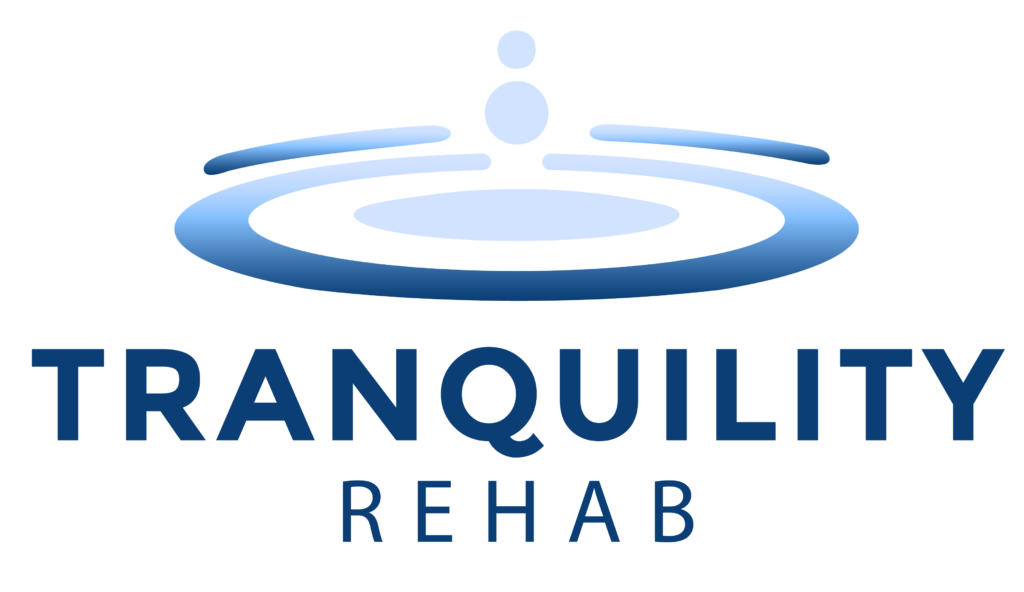In the early days of sobriety, many people who have struggled with addiction realize that their families are some of the most supportive individuals in their lives. Navigating the family dynamics during this time may be difficult and perplexing. We’ll discuss the importance of having a supportive family environment when recovering from addiction in this article and provide some tips on how to do it.
Substance abuse and addiction can be harmful to family dynamics, eroding trust and making it more difficult to connect. Members of a family who see a loved one struggle with a substance use disorder (SUD) may feel a variety of uncomfortable emotions.
The sense of hopelessness felt by the addict’s loved ones is another type of disappointment. When a loved one is caught in the vicious cycle of substance abuse, family members may feel hopeless and dejected. Finding charred dishes and used syringes are a couple of things that might cause this kind of paralyzing horror and astonishment.
Defining Family
There are various ways to define a family. The typical nuclear family (mother, father, and children) is not always what we mean when we talk about family.
A person’s extended family may consist of their grandparents, cousins, aunts, and uncles, among others. Additionally, it can refer to people who function as a chosen family but are not biological relatives, such as godparents or close friends.
In essence, a family is made up of people who consistently affect a person’s emotions. Families are typically linked by blood, but virtually always by deep emotional ties as well.
Addiction Impacts the Whole Family
The sickness of addiction is widespread. All those who care about the person with SUD are affected by it. Addiction is even passed down within families, claims the American Society of Addiction Medicine (ASAM). Women who are married to women and have addiction issues, for instance, are more prone to develop addictions themselves. Couples who divorce their substance-abusing partners are more likely to cut back on their own use.
Effects of Addiction on Family Life
In addition to their loved one, the family support services of someone with a substance use disorder may endure severe hardships. Family life frequently devolves into chaos as addiction develops and worsens. Family members could feel unable to make a difference because they don’t know what to anticipate day to day. Issues that families could encounter include:
- Emotional difficulties
- Difficulty with money
- Legal matters
- Violence
Effects of Parental Drug Usage on Children
Children of addicted people may also experience unfulfilled developmental requirements or form unhealthful attachment patterns. They might also find themselves playing the parent to the child position and having to shoulder too many responsibilities. These kids are more likely to experience substance use issues themselves, as are other family members.
Families can have a significant impact on their loved one’s recovery, even if they frequently experience the brunt of the effects of their loved one’s substance use problem.
In many cases, the addicted person becomes unable to take care of themselves or their responsibilities in the way they used to, and one or more members begin acting as a caregiver. Being a carer carries a significant burden, and it frequently evokes emotions such as stress, worry, despair, fear, and rage. An increased risk of mental health issues including depression is also linked to caregiving.
The good news is that although families frequently shoulder the hardship of their loved one’s substance use illness, they may also significantly contribute to their rehabilitation. According to ASAM, family participation in a person’s addiction rehabilitation center offers considerable advantages for both the addicted patient and other family members.
Importance of Family Support In Recovery
Family members and close friends of persons who are battling addiction or similar mental illness play crucial responsibilities. The following examples of assistance in addiction recovery
- Stepping in during a crisis.
- Locating available treatments and assisting them in entering therapy.
- Providing the treatment specialists with the knowledge they need to deliver the appropriate level of care regarding their lives and drug use.
- Keeping track of medical records and sending them to doctors when needed.
- Defending their rights and needs.
- Assisting them in following through on their treatment and aftercare plans, and keeping an eye out for any significant behavioral changes that might indicate an oncoming relapse.
Your loved one will gain much from your involvement. According to studies, when families participate in the treatment and recovery process, the recovering individual is more likely to
- Less probable to require hospitalization or have a recurrence.
- Greater propensity to follow the treatment regimen.
- More capable of overcoming the disease.
- Less inclined to interact with the criminal justice system.
Participating in the healing process might be beneficial for family members themselves. They might learn about the disease of addiction and appropriate coping mechanisms so they can support their loved one’s recovery efforts.
Through regular family visits, classes, and even family therapy, many treatment programs involve families in the healing process. The recovering person may be more likely to stay in treatment and other family members may be less likely to struggle with the same challenges in the future when major concerns improve.
Conclusion
The dynamics of families might suffer from substance abuse and addiction. Due to the stress, it puts on all family members, addiction is commonly thought of as a “family disease.” Families frequently have a significant role in the success of an addict’s efforts to kick their habit. Addiction can have a cascading effect on a person’s loved ones in addition to themselves. It may be more difficult for addicts whose families experience any of the following issues to make ends meet.
What is the best rehabilitation center I can find? The solution is Tanquility Rehab. A dysfunctional family dynamic is certain to arise with substance abuse. Within this framework, people automatically accept “roles” as a form of defense. This is just one possible approach to comprehending the purpose and responsibilities of these jobs, which have been known by a variety of names over the years.


